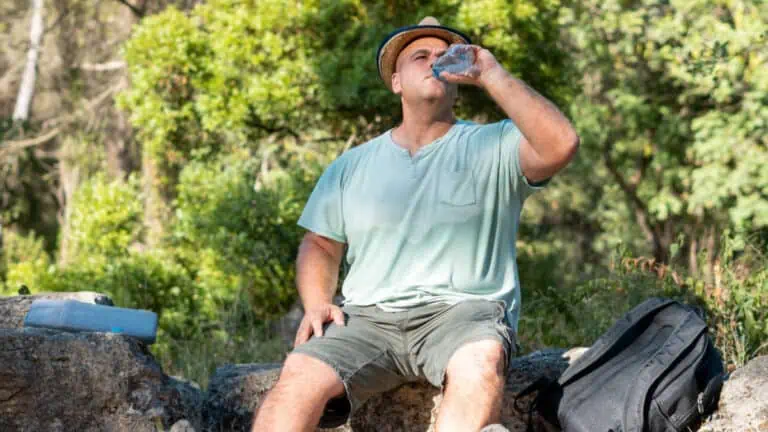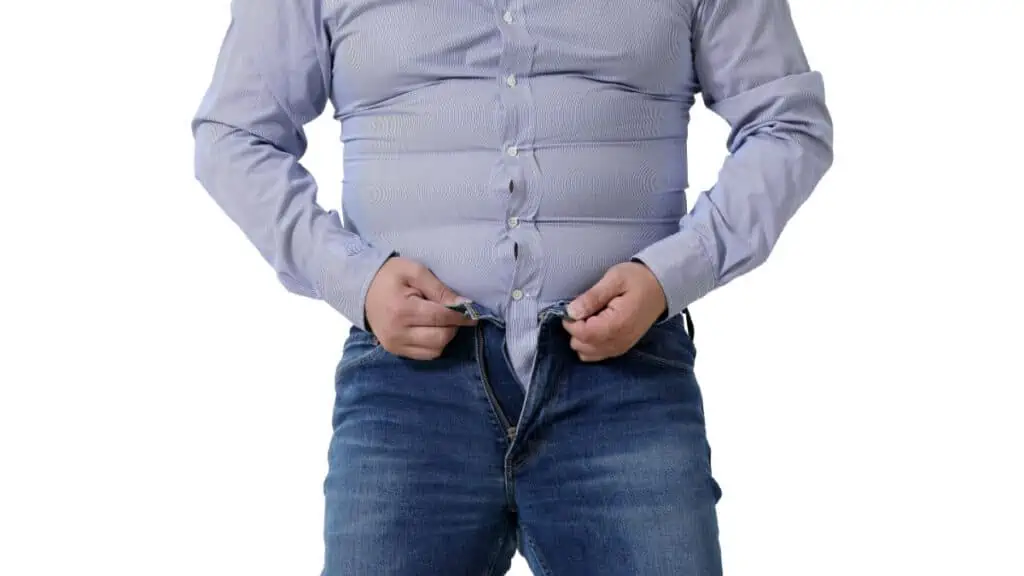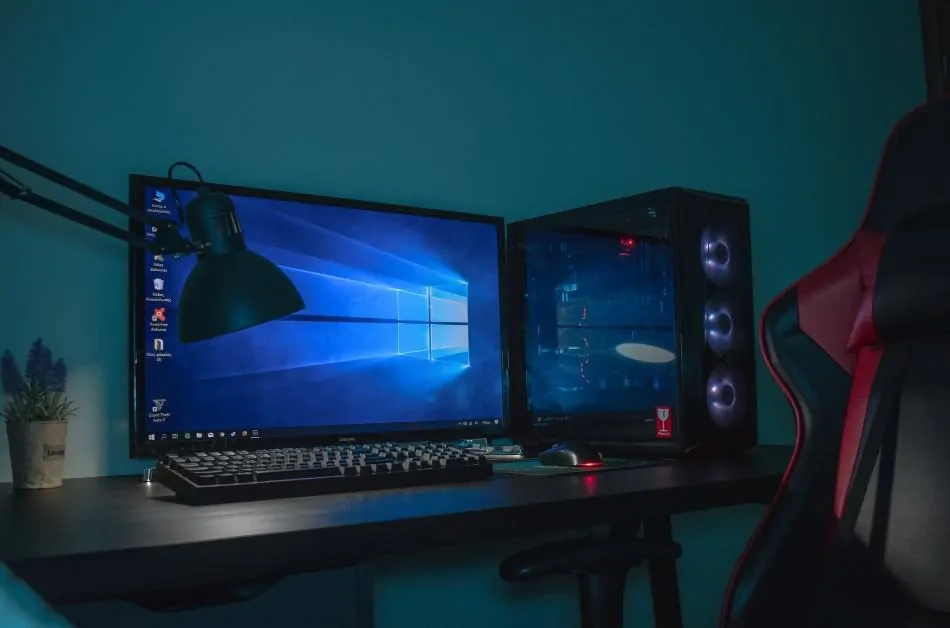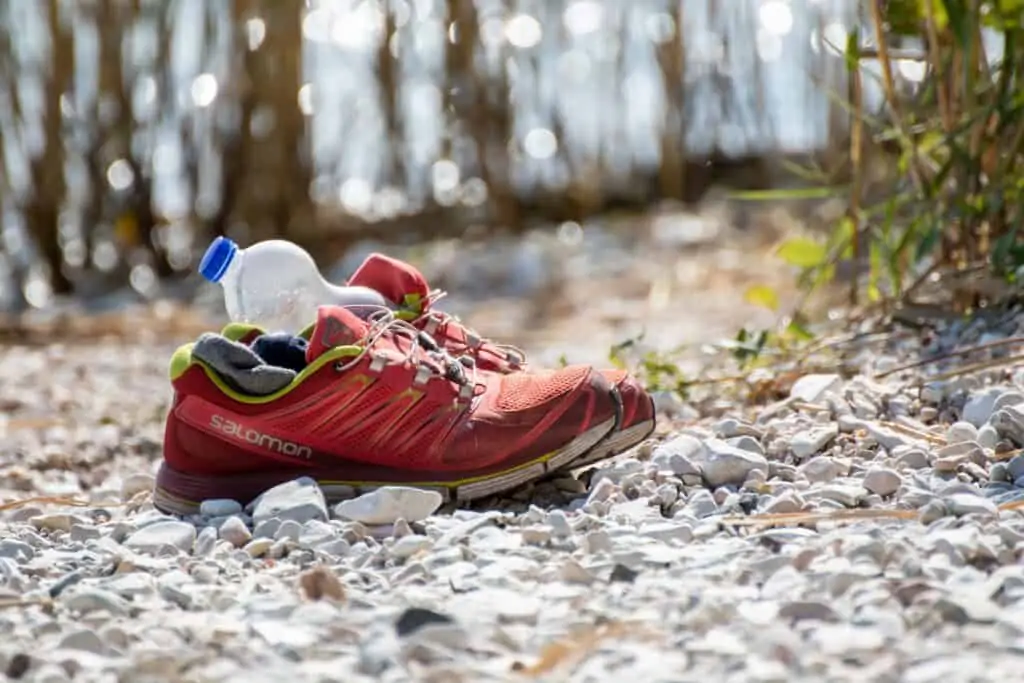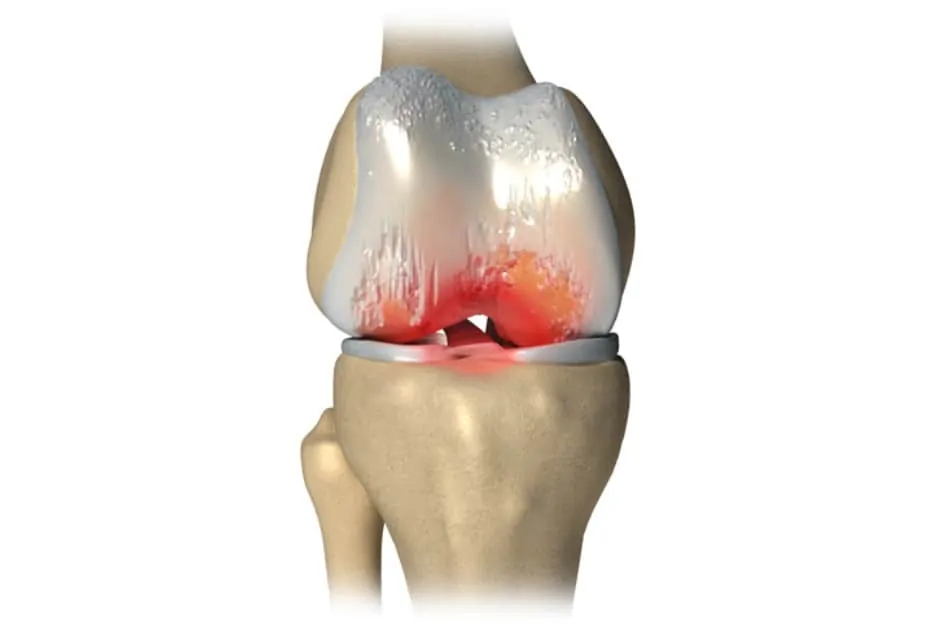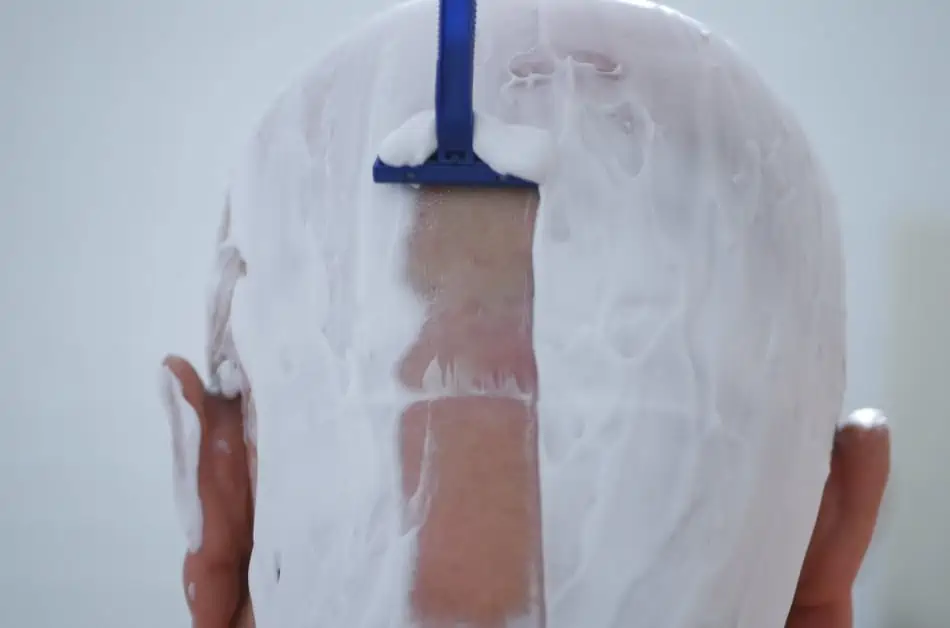Have you ever been outside in the cold and seen a larger person walking around with a T-shirt and no jacket? I’ve known people from Alaska who say that such a sight is almost a daily occurrence up there.
I saw this the other day with a friend while driving to get a pizza. It couldn’t have been more than 40 degrees outside. The man was wearing a T-shirt and basketball shorts. In fact, I’ve never known a fat guy who didn’t love basketball shorts, myself included (hello, comfort).
My friend asked me if the reason was that fat people feel less cold and are therefore more comfortable walking around in the cold without a jacket. Do you know the answer?
Do Fat People Feel Less Cold?
In general, yes, fat people feel less cold than non-fat people. Studies conducted on emergency room patients over the years have shown that people with higher BMIs take longer to develop hypothermia than people who weigh less. Which makes sense as our organs are far more insulated.
Another medical example is the use of therapeutic hypothermia. When a patient suffers cardiac arrest and their heart stops beating, one of the treatments sometimes used involves lowering the body’s core temperature to prevent brain damage (you can read a study about it here if you’re up for it).
When an obese person undergoes this procedure, studies have shown that it takes longer to lower their temperature than a patient who weighs less.
There have been a few reasons that have been stated over the years. First, the example they always gave us in school was that the layer of subcutaneous fat under our skin makes us fat people more resistant to the cold, much like a whale’s blubber provides it with insulation.
I’ve never been a fan of that analogy for obvious reasons and I think I like it even less now that Brenden Fraser won an Oscar for the movie “The Whale”, which I admittedly haven’t seen.
Another contributing factor is that fat people tend to have a good amount of muscle mass beneath their skin. They can even have six-pack abs. It takes strong muscles to be able to carry all of this weight around, believe me!
In addition to the extra insulation, muscles give off heat which provides yet another layer of protection against the colder elements. A person who weighs less might have a lower amount of muscle mass (which produces heat) and less blubber (which keeps the heat) which would cause them to feel colder.
The Other Side of the Coin
You’ll notice that I said “in general” at the beginning of the previous section. That’s because there are a few exceptions to the overall rule of fat people feeling less cold.
All of the factors listed above explain why fat people tend to retain heat more easily and will feel less cold in most conditions. The other side of that coin is when the temperature gets extremely hot.
When it gets extremely hot, an obese person will not feel cooler than someone with a lower BMI. Because they retain heat, it’s more difficult to lower the body’s temperature into the comfortable range (which is one of the main reasons that fat people sweat so much…which is one of the main reasons that fat people can stink as well…)
All of these issues combine to make fat people in greater danger of suffering heat stroke or other conditions related to overheating. We retain heat when it’s cold but when it’s hot, we retain too much heat.
The other major caveat is that being fat can lead to poor circulation. One of the primary symptoms of poor circulation is having cold hands and feet, which are further away from the body’s core.
That’s not to say that people who weigh less can’t have circulation issues but it is a notable exception to our general rule.
How to Combat Overheating If You’re Obese
Because our big and heavy bodies tend to hold in heat longer than others, fat people have to take extra steps to cool off to avoid things like overheating, sunstroke, and dehydration.
This especially applies to guys who sweat a lot. Now, not all fat people sweat a lot but many of us do.
Sweating is an important bodily function but too much sweating can be dangerous. If you find yourself sweating heavily, you’ll want to make sure you’re properly hydrated to avoid serious issues.
Water is always a good choice but lately, I’ve found myself going for sports drinks. I like the Zero Sugar Powerade and the Gatorade Zero the best. Some of my friends like Body Armor but it’s made with coconut water, which I don’t like. If you do, it might be a good choice.
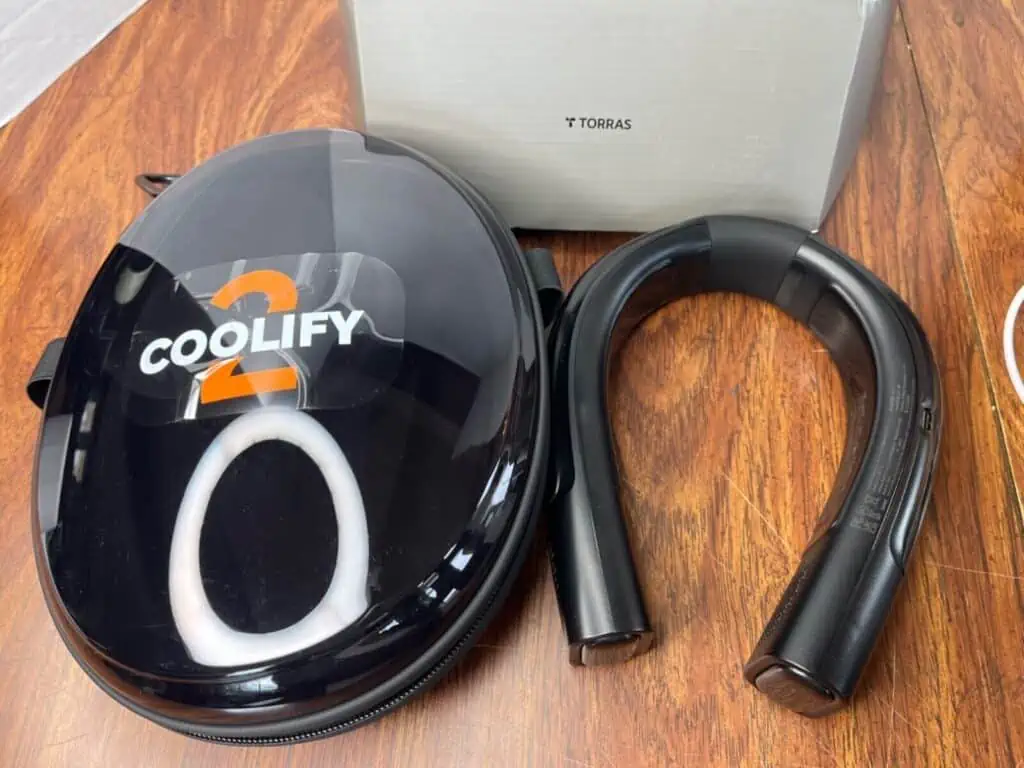
One of my personal favorite cooling devices is the neck fan. I got one on Amazon last year and it’s been a game-changer. I ponied-up and spent almost $150 but I have no regrets. I no longer have to worry about sweat dripping off of my face when I leave the house on a hot summer day.
Speaking of which, another great tip is to apply cold water, ice, a fan, or another cold object to places like the neck, wrists, or chest where your veins are close to the skin. This will lower the temperature of the blood inside the veins and help cool you down.
Finally, when it’s hot out or when I know I’m going to be doing a lot of walking outside, I like to wear brightly colored cotton T-shirts. Bright clothes reflect sunlight while darker clothes absorb it. Cotton is also a breathable fiber that won’t trap heat.
If you’re feeling too warm, sweating a lot, and experiencing symptoms like dizziness or mental confusion, the best course of action is to go inside or somewhere cooler like the shade, drink as much liquid as you can find, and wait until your body cools down.
Hopefully, these steps will help but if they don’t, you may need to seek medical attention. The exact numbers are unknown but it is estimated that 20,000 people die in North America every year from overheating.
Final Thoughts
To recap, yes, fat people feel less cold than non-fat people for a few reasons, the biggest of which is that the fat provides a layer of insulation that keeps them warm.
However, the opposite is also true, which is that this layer of natural insulation makes fat people more vulnerable to overheating, sweat-induced dehydration, heatstroke, and other conditions because their bodies can be a little too good at retaining heat.
These can be prevented by taking precautions and planning ahead. Remember to stay hydrated, consider purchasing a neck fan, and put cold items in certain areas to reduce your core temperature. If your symptoms don’t improve, seek medical attention.
Don’t worry about being made fun of for putting ice on your neck or wearing a fan, either. I’d rather get laughed at and be safe than try and tough it out and end up at the hospital. Good luck and stay cool out there!

